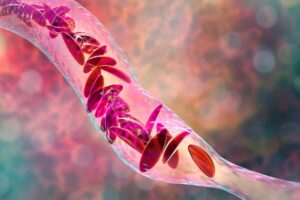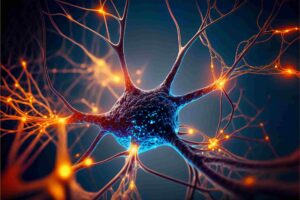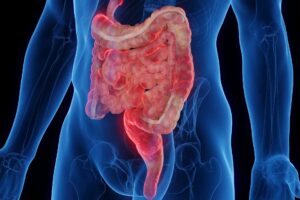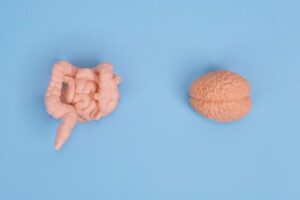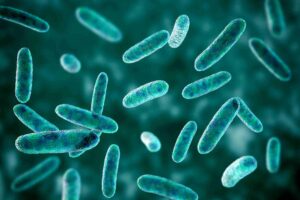Giorgia Guglielmi
Gastroenterology, Scientific research
The findings of a recent study suggest that the availability of iron can reshape the composition of the gut microbiota in irreversible ways.
Neuroscience
The findings of a recent study suggest that the microbiota can promote neuronal repair after tissue damage.
Endocrinology, Gastroenterology
The findings of a recent study may inform dietary interventions to help protect people against type 1 diabetes and other autoimmune diseases.
Gastroenterology
The findings of a recent study advance our understanding of bacterial dysbiosis in Crohn’s disease and may inform new therapeutic strategies.
Gynecology, Oncology
The findings of a recent study tie the gut microbiota to immune surveillance of ovarian cancer and may inform new treatment approaches.
Pediatrics
A mother’s microbiota may shape the infant gut microbiota through horizontal gene transfer, in addition to the classical transmission of maternal bacteria to the infant’s gut.
Gastroenterology, Neuroscience
The findings of a recent study suggest that signals derived from the gut can boost the motivation to exercise.
Gastroenterology, Neuroscience
A recent study suggests that the blood-cerebrospinal fluid barrier is another barrier along the gut-brain axis that is likely influenced by the gut microbiota.
Gastroenterology, Pediatrics
A recent study suggests that people who spend time together share similar gut microbiotas — with some microbes being largely transmitted between friends and relatives.
Gastroenterology, Scientific research
The imaging approach can provide insights into the relationship between mice and their microbiota. It can also offer a glimpse of the cell wall turnover of gut bacteria in living…
